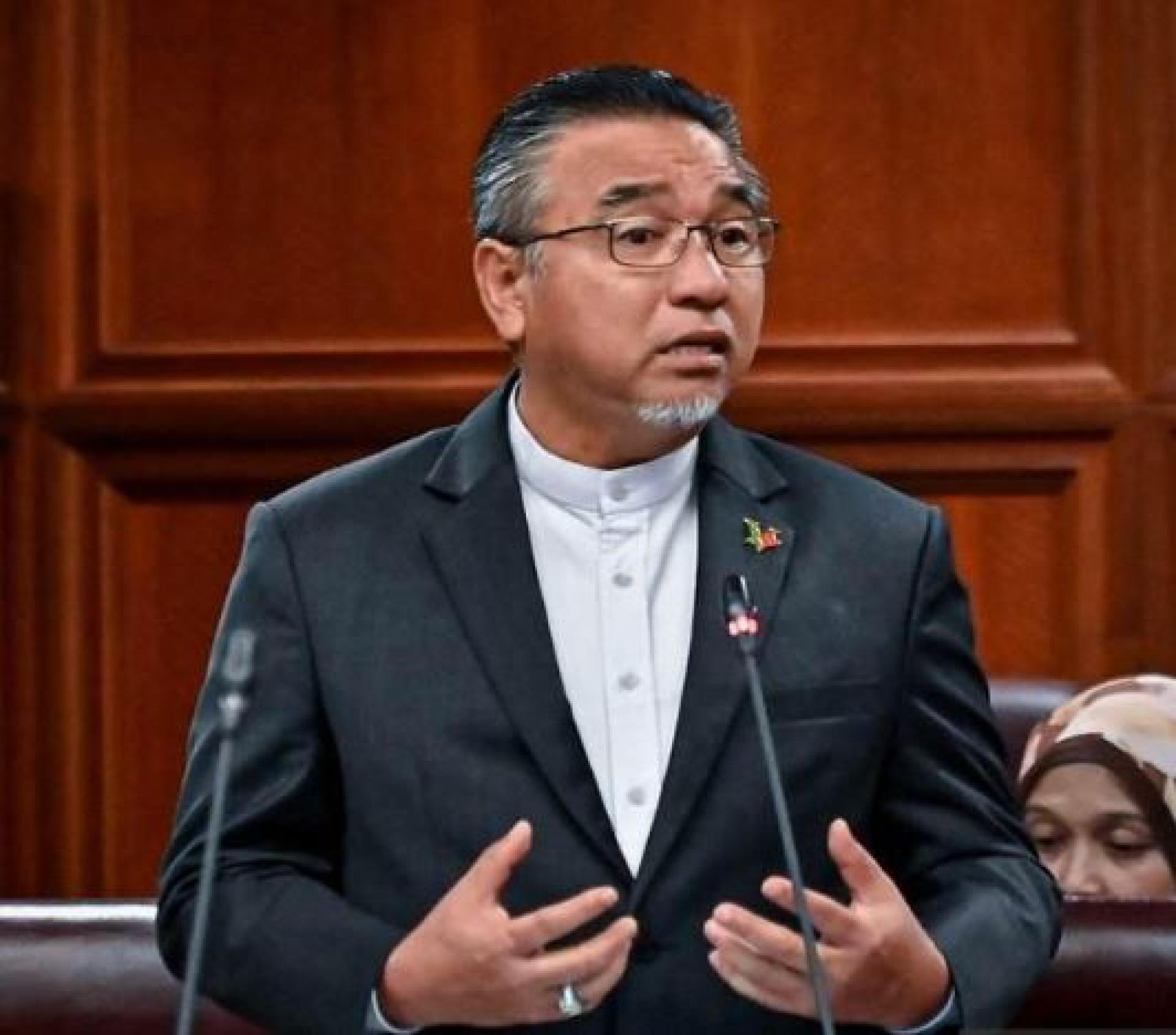KUALA LUMPUR, Sept 2 (Bernama) -- Malaysia is not only prepared to join peacekeeping forces in Palestine but is also strengthening its position as a key player in peacekeeping training and post-conflict stability efforts at the international level, said Deputy Defence Minister Adly Zahari.
He said Malaysia’s capabilities extend beyond military involvement to include humanitarian work, diplomatic negotiations and peacekeeping training recognised by the United Nations (UN).
According to him, the country’s ability to maintain peace after conflicts is a strength acknowledged by the international community, citing Malaysia’s role in easing tensions between Thailand and Cambodia recently.
“Malaysia is regarded as the UN’s regional training centre for this region. This not only proves our ability to produce highly skilled personnel but also makes us a reference point in peacekeeping training.
“The most important thing is not only resolving conflicts but also how we sustain peace afterwards. This is where Malaysia’s strategy must be shaped and reinforced,” he said during a question-and-answer session in the Dewan Negara today.
He was responding to Senator Hussin Ismail, who had asked about the government’s efforts and challenges in pushing for the deployment of UN peacekeeping forces to Palestine to stop the ongoing genocide.
Adly said the Malaysian Peacekeeping Centre not only trains local personnel but also serves as a training hub for participants from ASEAN countries and beyond, in line with Malaysia’s role in promoting regional peace.
He said Malaysia could act as a 'diplomatic mousedeer' amid global superpowers, leveraging its strength in negotiation and defence diplomacy, in line with proposals to establish platforms such as the World Humanitarian Forum.
“We may be small in military terms, but our strength lies in negotiation power that could serve as a model like Geneva,” he said, while suggesting Malaysia take the lead in global initiatives on humanitarian assistance and protection of aid workers.
Adly also noted that Malaysia’s participation in peacekeeping missions is not only based on ASEAN consensus but requires wider support, including from over 70 countries involved in the Peacekeeping Capability Readiness System.
“ASEAN is an important diplomatic platform, but we must also move within the international framework to ensure our peacekeepers can be deployed to areas in need,” he said, while highlighting Malaysia’s contributions to health and reconstruction aid for Palestine, including bilateral cooperation with Japan.
Adly stressed that Malaysia is prepared to shoulder greater responsibility in advancing global peacekeeping missions, including in Gaza, should it be mandated by the UN Security Council.
“With the readiness of our assets and human resources, as well as recognition of our training centre, Malaysia is strategically positioned to play a more significant role in safeguarding global peace,” he said.
According to him, the country’s ability to maintain peace after conflicts is a strength acknowledged by the international community, citing Malaysia’s role in easing tensions between Thailand and Cambodia recently.
“Malaysia is regarded as the UN’s regional training centre for this region. This not only proves our ability to produce highly skilled personnel but also makes us a reference point in peacekeeping training.
“The most important thing is not only resolving conflicts but also how we sustain peace afterwards. This is where Malaysia’s strategy must be shaped and reinforced,” he said during a question-and-answer session in the Dewan Negara today.
He was responding to Senator Hussin Ismail, who had asked about the government’s efforts and challenges in pushing for the deployment of UN peacekeeping forces to Palestine to stop the ongoing genocide.
Adly said the Malaysian Peacekeeping Centre not only trains local personnel but also serves as a training hub for participants from ASEAN countries and beyond, in line with Malaysia’s role in promoting regional peace.
He said Malaysia could act as a 'diplomatic mousedeer' amid global superpowers, leveraging its strength in negotiation and defence diplomacy, in line with proposals to establish platforms such as the World Humanitarian Forum.
“We may be small in military terms, but our strength lies in negotiation power that could serve as a model like Geneva,” he said, while suggesting Malaysia take the lead in global initiatives on humanitarian assistance and protection of aid workers.
Adly also noted that Malaysia’s participation in peacekeeping missions is not only based on ASEAN consensus but requires wider support, including from over 70 countries involved in the Peacekeeping Capability Readiness System.
“ASEAN is an important diplomatic platform, but we must also move within the international framework to ensure our peacekeepers can be deployed to areas in need,” he said, while highlighting Malaysia’s contributions to health and reconstruction aid for Palestine, including bilateral cooperation with Japan.
Adly stressed that Malaysia is prepared to shoulder greater responsibility in advancing global peacekeeping missions, including in Gaza, should it be mandated by the UN Security Council.
“With the readiness of our assets and human resources, as well as recognition of our training centre, Malaysia is strategically positioned to play a more significant role in safeguarding global peace,” he said.
